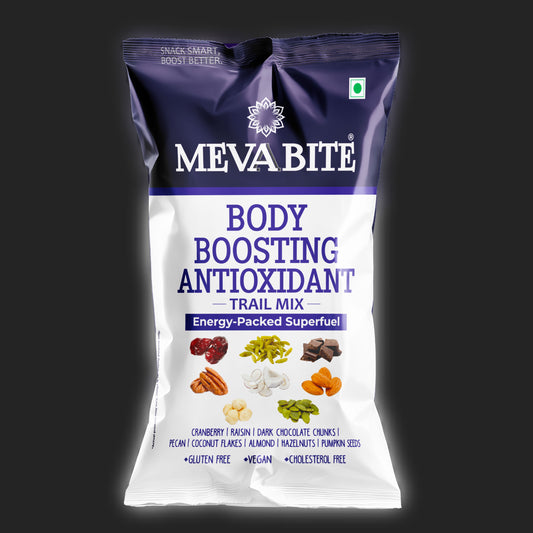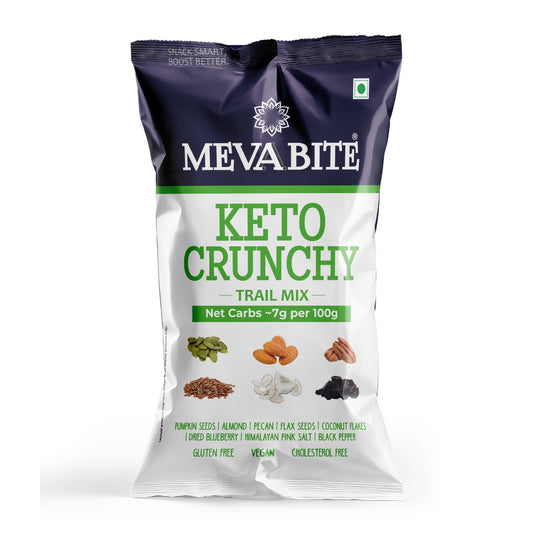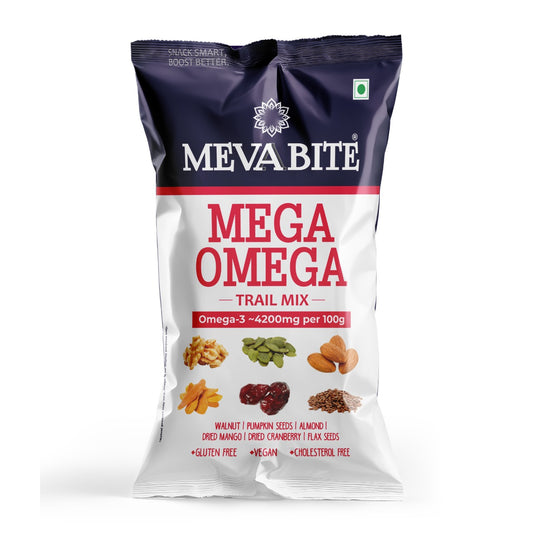When can I expect the freshest cashews in India?
Short answer: The freshest cashews in India are typically available from March to May, which is the primary harvest season for most cashew-growing regions in the country.
Detailed answer:
- Peak harvest season: March to May
- Factors affecting freshness:
- Climate conditions
- Specific region of cultivation
- Post-harvest processing time
- Secondary harvest: Some regions may have a smaller harvest in November-December
- Availability: Fresh cashews can be found year-round, but peak quality is during harvest months
Is there a particular time of year when cashews are on sale?
Short answer: Cashews are often on sale just after the peak harvest season, typically in June and July, as suppliers look to sell their fresh stock.
Detailed answer:
- Post-harvest sales: June to July
- Festival season sales: October to November (Diwali)
- New Year sales: December to January
- Factors influencing sales:
- Supply and demand
- Market competition
- Economic conditions
Do cashews have different flavors depending on the harvest season?
Short answer: While the core flavor remains consistent, cashews harvested during peak season (March-May) tend to have a slightly sweeter, creamier taste due to optimal growing conditions.
Detailed answer:
- Peak season cashews:
- Sweeter taste
- Creamier texture
- More pronounced nutty flavor
- Off-season cashews:
- May have a slightly milder flavor
- Texture could be less creamy
- Factors affecting flavor:
- Growing conditions
- Soil quality
- Processing methods
When should I buy cashews for the best quality for a cashew-based dessert?
Short answer: For the best quality cashews for a dessert, purchase them during or shortly after the peak harvest season (March-May). Ensure they're fresh by checking for plumpness and avoiding wrinkled or discolored nuts.
Detailed answer:
- Ideal purchase time: March to June
- Quality indicators:
- Plump, uniform shape
- Creamy white to light beige color
- Fresh, nutty aroma
- Storage tips:
- Store in an airtight container
- Keep in a cool, dry place
- Use within 1-2 months for optimal flavor
Are wrinkled cashews out of season or past their prime?
Short answer: Wrinkled cashews are typically older or have been improperly stored. While not necessarily unsafe, they may have lost some flavor and nutritional value. It's best to choose plump, smooth cashews for optimal quality.
Detailed answer:
- Causes of wrinkled cashews:
- Age
- Improper storage
- Exposure to humidity
- Impact on quality:
- Reduced flavor
- Potential loss of nutrients
- Less appealing texture
- Usability:
- Safe to eat if no signs of mold or rancidity
- Best used in cooked or processed recipes
Are there regional variations in cashew harvest times across India?
Short answer: Yes, there are slight regional variations in cashew harvest times across India, primarily due to differences in climate and growing conditions. However, most regions harvest between February and June.
Detailed answer:
| Region | Primary Harvest Time |
|---|---|
| Kerala | February to May |
| Maharashtra | March to June |
| Goa | April to June |
| Tamil Nadu | March to May |
| Andhra Pradesh | February to April |
Conclusion
Understanding the seasonal nuances of cashew production in India can help you make informed decisions when purchasing these delicious nuts. At MevaBite, we strive to provide the freshest, highest-quality cashews year-round. While the peak harvest season offers the freshest nuts, our careful sourcing and storage practices ensure that you can enjoy premium cashews whenever you need them. Remember to look for plump, smooth cashews and store them properly to maintain their quality. Whether you're snacking, cooking, or creating delightful desserts, choosing the right cashews can make all the difference in your culinary adventures.














